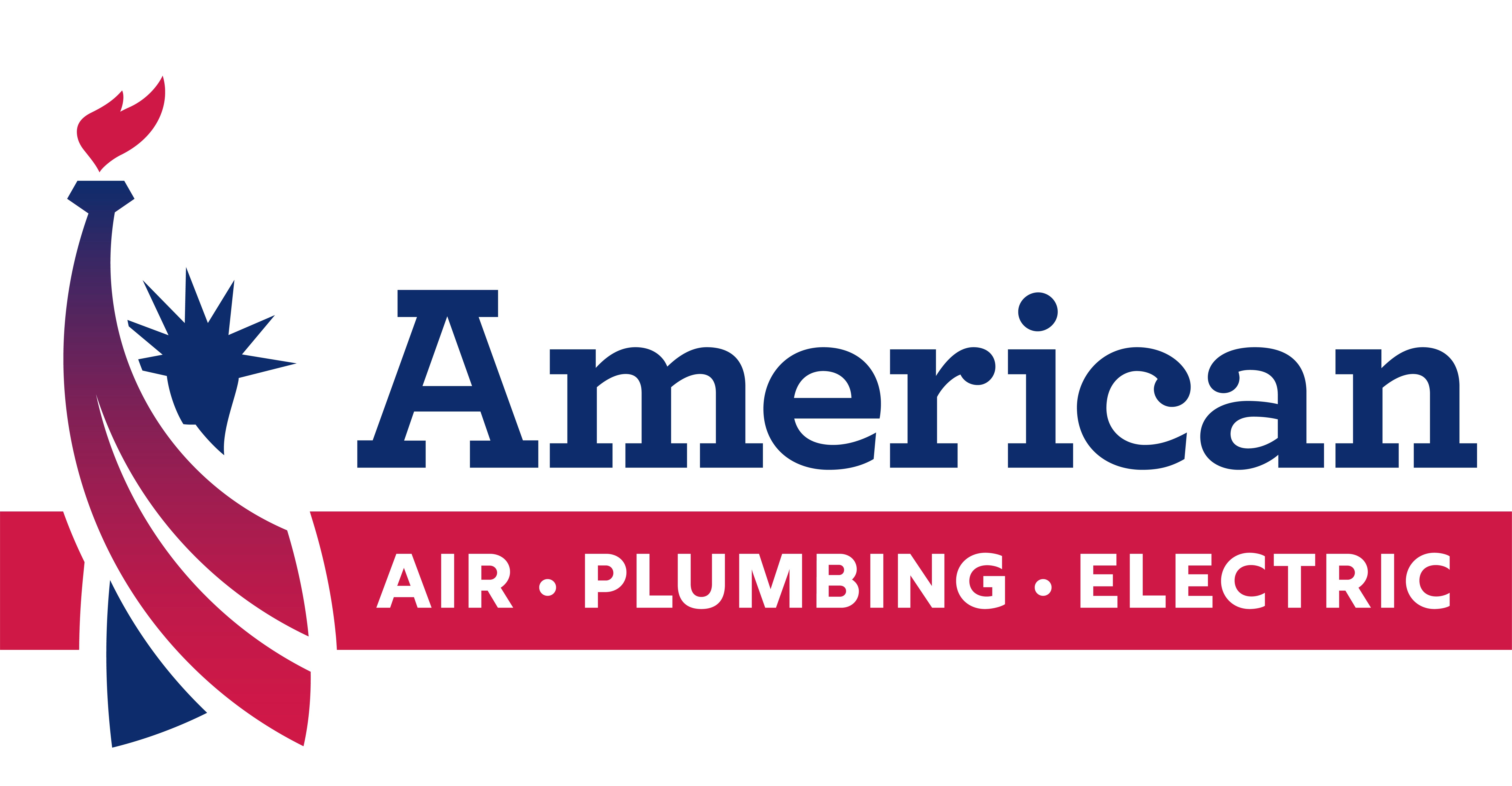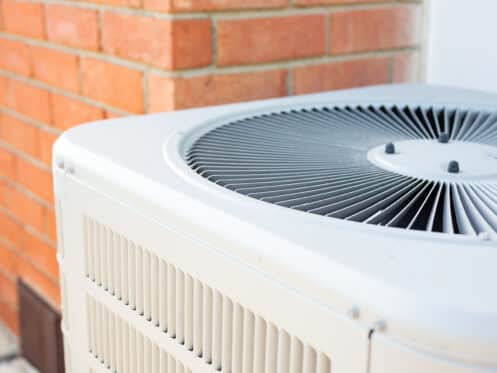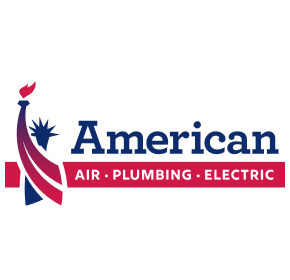Florida is well-known for its hot and humid weather, so it may seem unlikely for air conditioning units to freeze up. However, the subtropical climate and occasional weather irregularities can create conditions that lead to this surprising occurrence. Find out what factors can cause an AC unit to freeze in Florida and how a few preventive measures can keep your unit running throughout the warmer months.
What Are the Causes of AC Freezes?
In Florida’s hot and humid climate, the last thing you think will happen is that the air conditioning unit will freeze. However, this problem can be caused by a wide range of reasons. Here are some of the most common causes of this issue.
Poor Airflow
In Florida, there is a lot of dust, dander, and pollen in the air. When these filters become clogged, they restrict the airflow over the evaporator coils. In turn, that leads to insufficient warm air reaching the coils, resulting in a drop in temperature. For that reason, you need to keep the air filters clean to prevent these issues. By scheduling regular maintenance, you can make sure your air filters are up for the task.
Along with the air filter, you might want to check out other areas around your home. Blocked vents, obstructed ducts, or issues with the blower fan can compromise the overall airflow, creating conditions that cause freezing.
Low Refrigerant Levels
Your AC unit needs refrigerant to cool down the air in your home. If you don’t have the right levels, that can affect the heat exchange process. Refrigerant leaks can occur due to wear and tear, poor installation, and other issues. You want to identify and address these leaks right away. Regular professional inspections can help detect and fix leaks, preventing the system from freezing due to low refrigerant levels.
Issues With Your Thermostat
The temperature of your thermostat can also play a role in whether your AC freezes or not. The system may run excessively if it is set incorrectly due to a malfunction or human error. As a result, that can cause unnecessary strain on the AC unit. You will want to regularly calibrate and check the thermostat to make sure that it accurately reflects the desired temperature. With that, you can prevent any unnecessary strain on the AC unit.
High Humidity and Weather Changes
The state of Florida experiences high humidity levels. When that is combined with sudden changes in temperature due to unusual weather patterns, that could lead to problems for your AC. The high humidity in the air can sometimes freeze the evaporator coils, causing the system to work improperly. However, using a dehumidifier can help control humidity levels. In turn, that can reduce the chance of freezing in your system.
Poor Insulation
Having proper insulation in your home is important. If you want to maintain a stable indoor temperature, you need to have the right insulation. Inadequate insulation can cause the air conditioning unit to work harder, resulting in temperature variations and an increased risk of freezing. A well-insulated home prevents the AC from freezing and can help you save a few dollars on your energy bills.
What Are the Signs of a Frozen AC Unit?
You might notice there is no cool air in your home if you have a frozen air conditioner. Along with that, here are a few other signs that you may be dealing with a frozen system:
- Difficulty reaching the desired temperature
- Weak or limited airflow from the vents
- Visible ice or frost on the evaporator coils
- Unusual sounds due to ice buildup
- Water pooling or dripping around the indoor unit
- Frequent on-off cycles, known as short cycling
- Difficulty in removing humidity
What Are the Effects of a Frozen AC?
The performance, efficiency, and overall functionality of an air conditioning unit may be affected by its freezing. Here is an overview of the potential issues with a frozen AC:
Reduced Cooling Capacity
When the evaporator coils freeze, the system’s ability to absorb heat from the indoor air decreases. With that, you will have a noticeable reduction in cooling efficiency. This lowered efficiency leads to difficulties in maintaining a comfortable indoor temperature. A frozen AC unit can also increase your energy consumption, resulting in higher electricity bills. The system may run continuously as it struggles to reach the desired temperature. All of that can put more stress on components.
Stress on Parts
The most visible effect of AC freezing is ice formation on critical components, such as the evaporator coils. This ice buildup restricts airflow. Plus, it can cause damage to the coils and other system elements.
The compressor could also experience strain when the coils freeze. This prolonged stress can lead to premature wear, potentially resulting in system failure. A frozen AC unit may go through short cycling to protect itself from damage. During this time, it will turn on and off more frequently than usual. While this is a safety measure, it contributes to inefficient operation and increased component wear.
Moisture Problems
As the frozen coils thaw, excess water is generated within the system. That could leak into the surrounding components or ductwork, causing water damage to the AC unit. The constant expansion and contraction of components can lead to the premature aging of the system.
Excess moisture also creates the perfect environment for mold and mildew growth. Mold can develop on the components and within the ductwork. With that, this potential health hazard could require thorough cleaning and remediation.
Preventative Maintenance Can Help
Preventing a frozen air conditioning unit requires regular maintenance. You will want to change or clean the air filters regularly to prevent clogs. More frequent filter changes may be necessary in environments with high dust or pollen levels.
Avoid setting the thermostat too low, especially during high humidity or cooler weather. If you have reasonable temperature settings, that can help prevent the system from overworking.
Proper insulation in your home helps maintain a stable indoor temperature and reduces the strain on your AC system. You may want to check for and address any insulation issues in walls, attics, and windows. If you are having problems, you may want to use a dehumidifier to control indoor humidity levels.
Finally, schedule regular professional HVAC inspections to identify and address potential issues before they escalate. Professional technicians can check refrigerant levels, inspect components, and perform preventative maintenance.
Do You Need a Professional?
When you notice any signs of a freezing air conditioning unit, you need to get professional help. When you schedule an inspection, they can identify the root cause. While you may want to fix it by yourself, attempting DIY repairs can cause more damage. You want to rely on trained technicians for an accurate diagnosis.
Whenever you need a professional company to take care of your home’s comfort, you can count on American Air, Plumbing, and Electrical. We are a family-owned business serving homeowners in the Oviedo, FL, area since 1986. We provide top-quality HVAC services that include installation, repair, and maintenance. Additionally, we offer indoor air quality services, ductwork, and duct cleaning services. Our 24/7 emergency services assure you that your HVAC system will always be in good hands.
If you have a freezing air conditioning system in Oviedo, FL, call American Air, Plumbing, and Electrical today.


